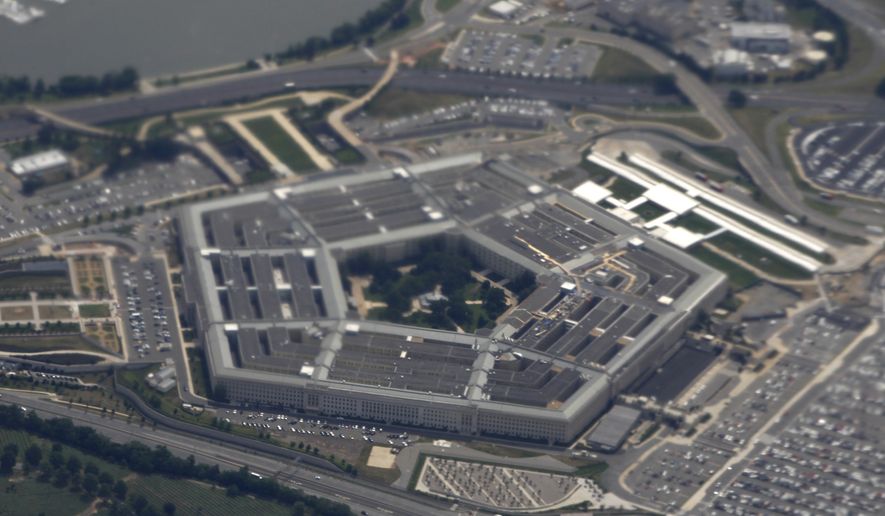U.S. officials have been encouraged to conceal the severity of the problems with the military and reconstruction mission in Afghanistan virtually from the start two decades ago, the Pentagon’s inspector general for Afghanistan told lawmakers Wednesday.
In the wake of the publication of voluminous government records detailing the troubles mission against the Taliban and jihadist groups, IG John Sopko gave a strikingly grim assessment of the state of the war and the U.S. reconstruction effort.
“The problem is there is a disincentive to tell the truth,” Mr. Sopko told the House Foreign Relations Committee during a hearing on “lessons learned” in Afghanistan.
The near 19-year Afghan war is the longest in American history. After initially driving the Taliban and al Qaeda from power, the U.S. and its allies have struggled to subdue a determined insurgency and build up the country’s economy and infrastructure. President Trump has approved direct talks with the Taliban and the U.S.-allied government in Kabul in hopes of striking a deal that will allow U.S. troops to come home.
But the troubles with the mission have led officials to mask the depth of the mistakes and the size of the challenge ahead, Mr. Sopko charged.
“We created an incentive to almost require people to lie. … There’s an odor of mendacity throughout Afghanistan issue,” the IG said.
His comments came roughly one month after a report surfaced with details about the “Afghanistan Papers” — a set of internal documents from the office of the Special Inspector General for Afghanistan Reconstruction (SIGAR), which Mr. Sopko leads. The documents depicted a sense of confusion, missed goals and frustration throughout the mission in Afghanistan.
The SIGAR office has issued a string of reports over the years that have been sharply critical of the U.S. mission in Afghanistan.
“The Afghan military, and particularly the Afghan police, has been a hopeless nightmare and a disaster,” Mr. Sopko told the panel. “And part of it is because we rotate units through that aren’t trained to do the work, and they’re gone in six to nine months.”
A team of American negotiators, led by State Department special envoy Zalmay Khalilzad, has been working for roughly a year to strike a peace deal between the U.S., Taliban, and Afghan government. Negotiators from all parties have remained silent on the current state of negotiations, but as recently as Tuesday, Afghan officials called on the Taliban to once again observe a cease-fire before a deal can be signed.
When asked by one Democratic lawmaker if the U.S. mission did a “D- or an F job” on nation-building in Afghanistan, Mr. Sopko responded: “E. You showed up for class. That’s it.”
Even so, Mr. Sopko warned, if the U.S. were to pull funding, “the Afghan government would fall.”
• Lauren Toms can be reached at lmeier@washingtontimes.com.




Please read our comment policy before commenting.